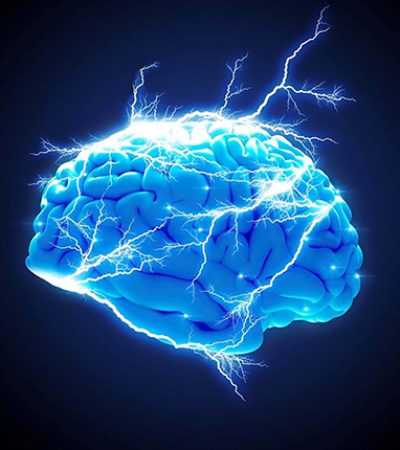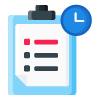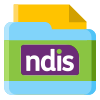This document outlines the type of seizures a client has and the management of the epilepsy. A client can sometimes have more than one type of seizure. An epilepsy plan will identify all the different types of seizures a client has and the management of how to care for the client in the event they have a seizure.
The plan will identify any medications a client is taking to manage their epilepsy. This includes any PRN medications. If a client has a PRN medication for managing their epilepsy the PRN medication will also require a PRN medication protocol. This will outline under what circumstances a carer should administer the PRN medication and will advise on what to do after the PRN medication has been administered. Some epilepsy medications require an ambulance to be called after it has been administered. Others simply require you to observe the client closely for signs of side effects or other PRN medications state they cannot be given again within a 24 hour period. If a carer is working with a client with epilepsy they must ensure they are familiar with both the PRN protocol and the epilepsy management plan. This plan will be written in conjunction with your GP or neurologist who manages the client’s epilepsy.

This document outlines the type of seizures a client has and the management of the epilepsy. A client can sometimes have more than one type of seizure. An epilepsy plan will identify all the different types of seizures a client has and the management of how to care for the client in the event they have a seizure.

The plan will identify any medications a client is taking to manage their epilepsy. This includes any PRN medications. If a client has a PRN medication for managing their epilepsy the PRN medication will also require a PRN medication protocol. This will outline under what circumstances a carer should administer the PRN medication and will advise on what to do after the PRN medication has been administered. Some epilepsy medications require an ambulance to be called after it has been administered. Others simply require you to observe the client closely for signs of side effects or other PRN medications state they cannot be given again within a 24 hour period. If a carer is working with a client with epilepsy they must ensure they are familiar with both the PRN protocol and the epilepsy management plan. This plan will be written in conjunction with your GP or neurologist who manages the client’s epilepsy.

This document is also a document that evolves over time. As part of this plan. You are expected to record the details of a client’s seizure. The time of day, the length of the seizure, what it looked like, what the client was doing just before and how well the client recovers after. The plan also has an annual calendar that you will need to fill out before attending a review with the GP or neurologist. The annual calendar is just a summary of the frequency of the seizures on any particular day.
This information assists the GP or neurologist, as they will be looking for possible triggers or patterns. E.g. a client may only have seizures whilst asleep or around their monthly menstrual cycle etc.
The recording down of the seizures on a seizure chart and the plan itself along with a report from your medical specialist will also assist with NDIS goals around the client’s needs with regards to their Epilepsy management. (E.g. The client may require a sensor pad for their bed if they have seizures through the night when sleeping. Having the data showing that their seizures most commonly occur at night when they are sleeping supports their request for funding for a sensor pad for their bed at night.)

This document is also a document that evolves over time. As part of this plan. You are expected to record the details of a client’s seizure. The time of day, the length of the seizure, what it looked like, what the client was doing just before and how well the client recovers after. The plan also has an annual calendar that you will need to fill out before attending a review with the GP or neurologist. The annual calendar is just a summary of the frequency of the seizures on any particular day.
This information assists the GP or neurologist, as they will be looking for possible triggers or patterns. E.g. a client may only have seizures whilst asleep or around their monthly menstrual cycle etc.
The recording down of the seizures on a seizure chart and the plan itself along with a report from your medical specialist will also assist with NDIS goals around the client’s needs with regards to their Epilepsy management. (E.g. The client may require a sensor pad for their bed if they have seizures through the night when sleeping. Having the data showing that their seizures most commonly occur at night when they are sleeping supports their request for funding for a sensor pad for their bed at night.)
We can assist you with all your case management needs and can help you maxmize your funding you receive from your NDIS Plan

In the event of a medical emergency a client’s care plans and case management form an excellent resource for medical staff to treat a client. The care plans outline what care a client is currently receiving and a client’s medical history.

Plans document what treatments have been implemented for a client both their current interventions as well as past interventions. This assists medical and other specialists in determining a treatment plan for the client. It informs them on what worked for the client previously and what has not worked.

By having the client’s care requirements documented it also provides the information to medical and other specialists on the other treatments a client may be receiving from another specialist. This means that all specialists are working collaboratively to provide the best quality of care for the client.

The care plans and data collection process are an excellent source of information that can be provided as supporting evidence for a claim under a client’s NDIS Plan.

It outlines the client’s current care requirements. It informs care staff on what conditions the client has and how they need to manage the client’s care.
